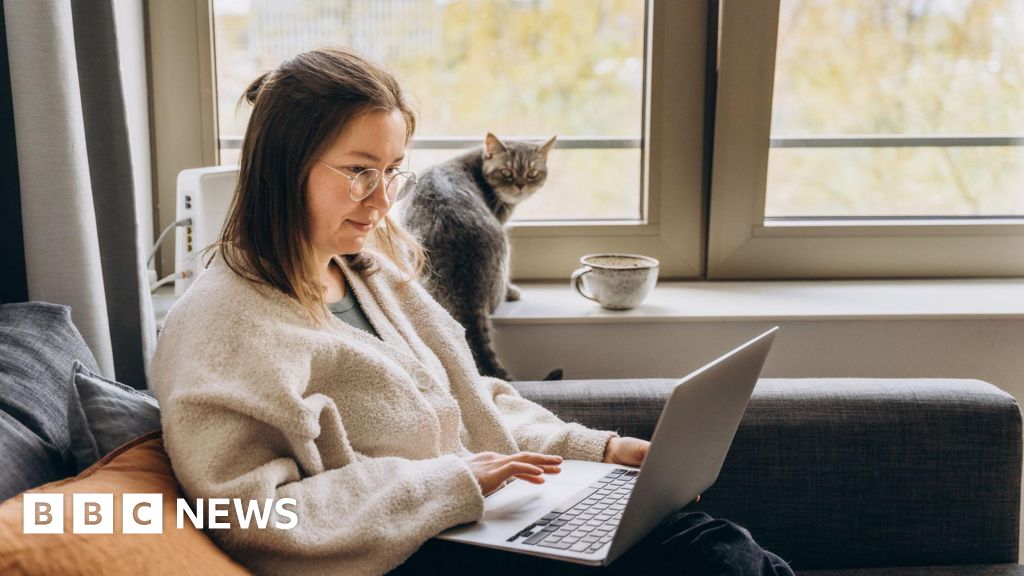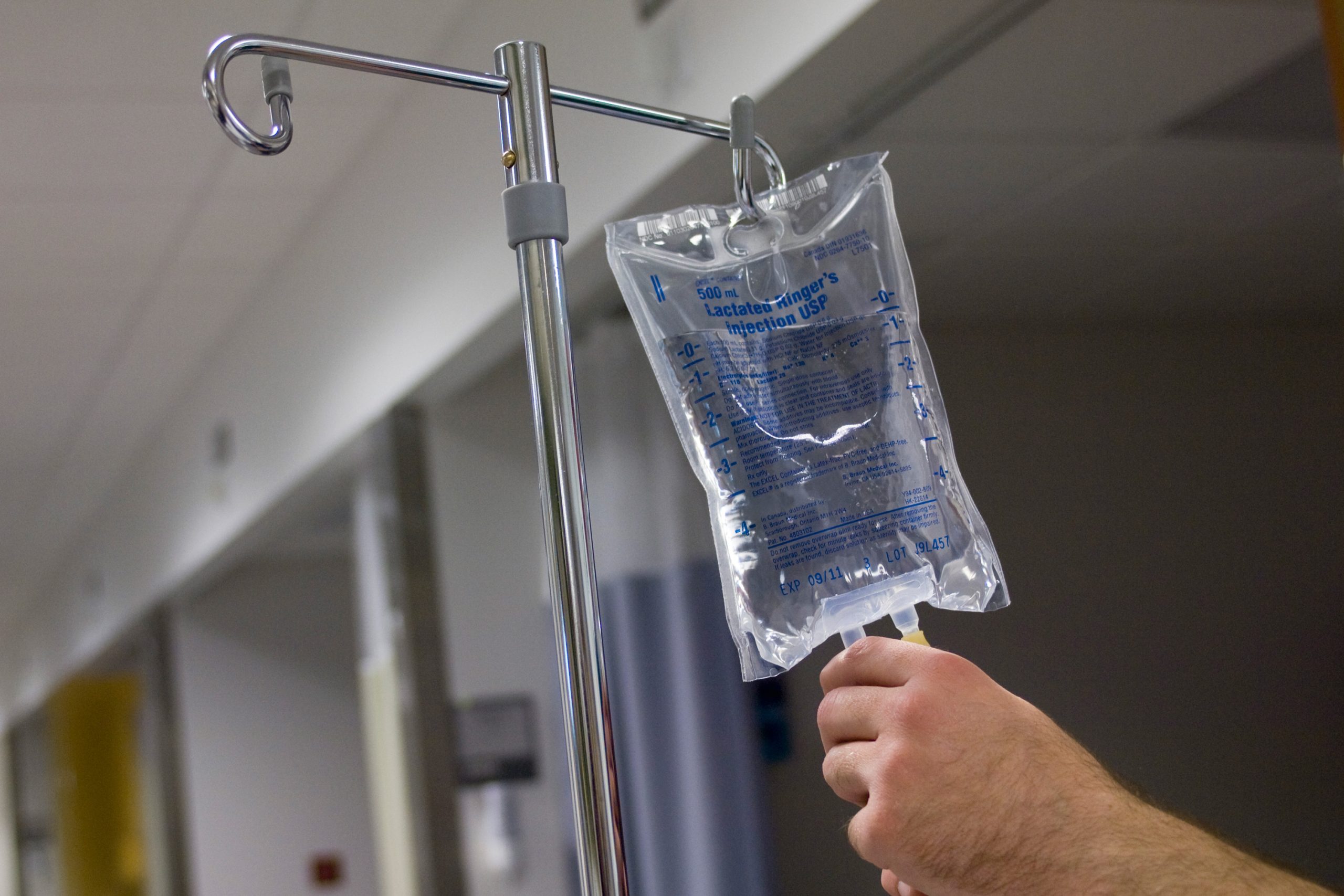Homeworkers are using the time saved by not commuting to stay longer in bed, new figures suggest.
They got an average of 24 minutes extra “sleep and rest” and spent an additional 15 minutes on things such as exercise, compared with people who worked away from their homes.
The snapshot survey by the Office for National Statistics (ONS) found people working from home gained almost an hour on average from not needing to commute.
The figures come as separate data showed staff wellbeing is one of the most common reasons businesses give for allowing staff to work from home, despite some firms scaling back hybrid work offers.
Working solely from home has gradually become less common since the end of the Covid pandemic.
In October, 13% of working adults in Great Britain said they did their job solely from home, according to the ONS.
But hybrid working – a mix of working from home and in the office or on a site, has become more popular, though only 28% of people said they had such a working arrangement.
Managers, parents, those aged 30 or over, and people with higher qualifications were all more likely to have hybrid working arrangements, the ONS said.
But the survey, which included people who worked for at least seven hours, suggested those working from home spent 10 minutes less working on average, although the ONS said its estimates were not precise enough to be sure it was the case.


